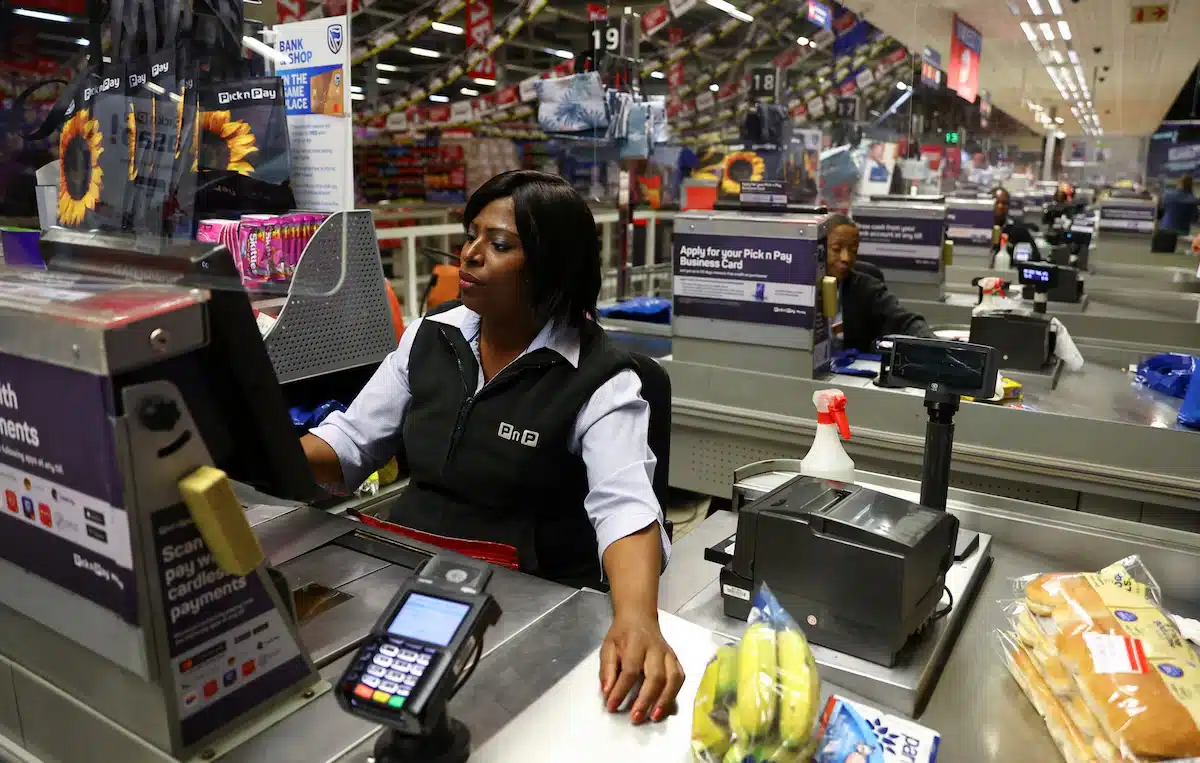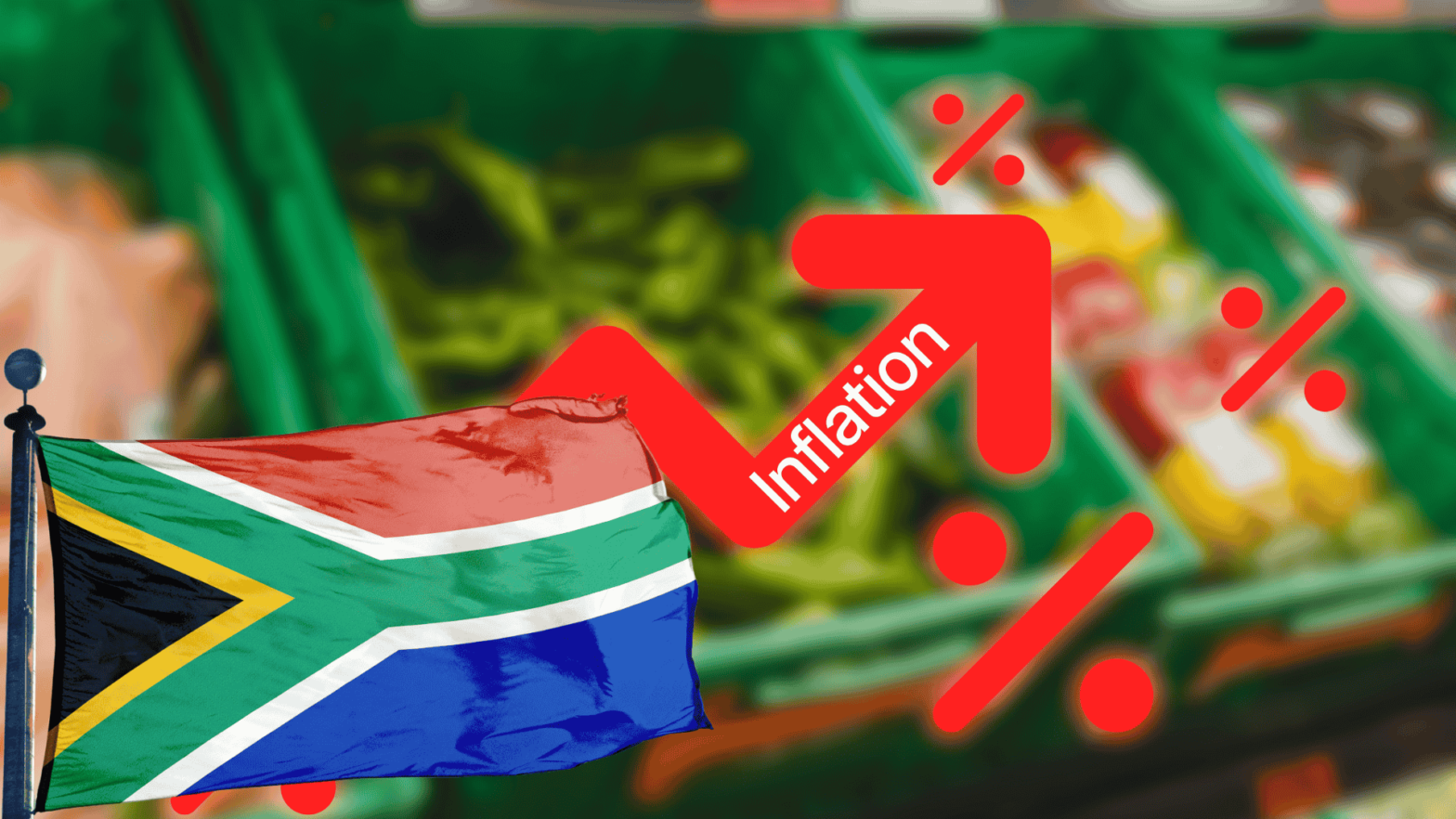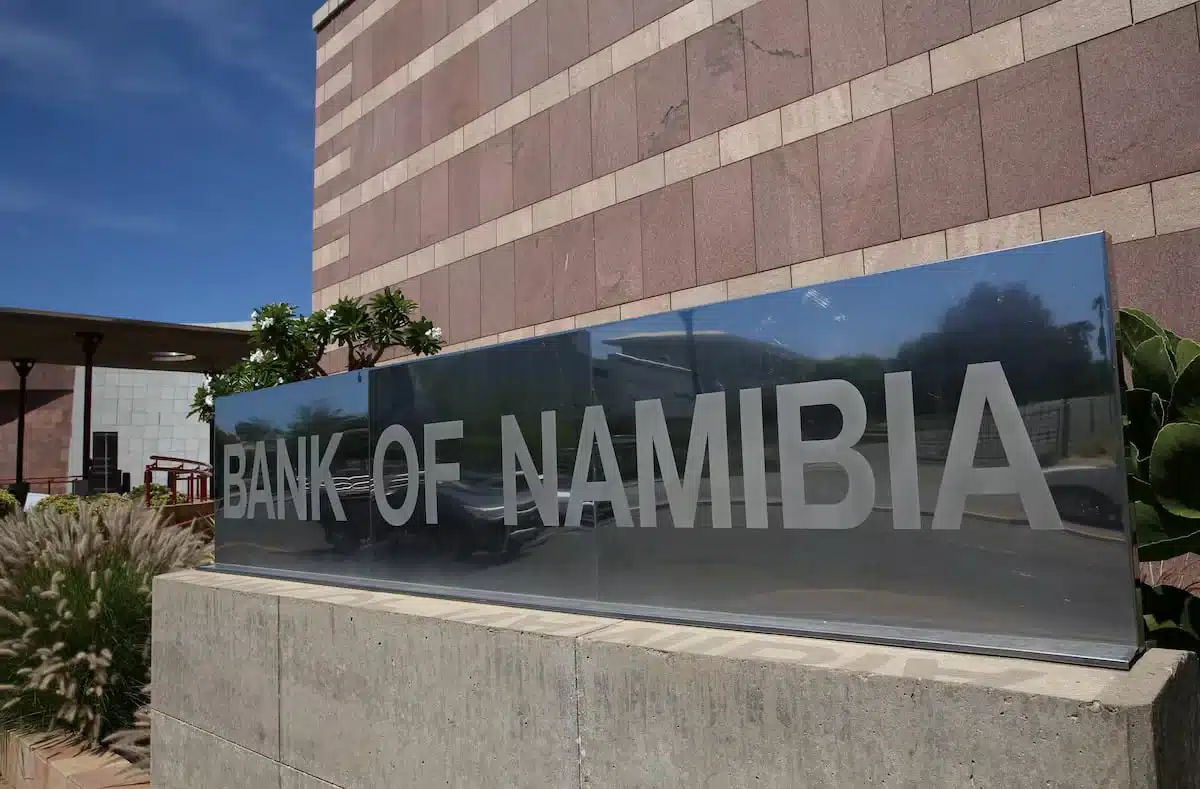For over a decade, SystemSpecs, a pioneering Nigerian software company founded in 1991 by John Obaro, has played a crucial role in the nation’s financial technology and tax collection landscape.
Its flagship product, Remita, has been the primary platform for processing government payments, particularly under the Treasury Single Account (TSA) policy introduced in 2012.
This system centralised public funds, ensuring that ministries, departments, and agencies (MDAs) transferred revenue directly to the Central Bank of Nigeria (CBN).
However, on March 4, 2025, the Nigerian government introduced the Treasury Management & Revenue Assurance System (TMRAS) to replace Remita as the default platform for managing public funds.
TMRAS is designed to streamline and automate tax collection by directly deducting taxes, such as VAT, withholding tax, and stamp duty, at the point of transaction in real-time.
Unlike Remita, which allows for some manual steps, TMRAS ensures a more transparent and efficient system with real-time monitoring by the Office of the Accountant General of the Federation (OAGF).
The aim is to reduce revenue leakages, improve compliance, and enhance tax collection at both the federal and state levels.
The first phase focuses on naira payments, while the second phase, set for June 2025, will extend controls to foreign exchange transactions, covering all revenue sources.
Weaknesses of Remita in Tax Collection
Despite its contributions to Nigeria’s revenue system, Remita had several limitations that affected tax collection efficiency.
One major issue was its partial automation. While the system could calculate tax amounts, manual confirmation and processing were still required.
This reliance on human input led to delays and errors, with businesses and banks sometimes having to process tax payments manually, increasing the risk of mistakes.
Unlike fully automated systems like TMRAS, which enforces real-time deductions, Remita required businesses to initiate payments. This created loopholes that some companies exploited to delay remittances.
A 2022 FIRS report highlighted these delays, revealing that some businesses had outstanding tax liabilities due to inefficiencies in the remittance process.
Similarly, the 2021 Auditor-General’s report on revenue leakages found that some tax payments did not reach the Treasury Single Account (TSA) on time, affecting government revenue. .
To better understand the challenges businesses faced with Remita and what TMRAS aims to improve, we spoke with an experienced Nigerian tax expert, Tomi Akinwale.
While he acknowledged Remita’s role in Nigeria’s revenue collection since 2012, Akinwale pointed out that its scalability and efficiency have been major concerns.
According to him, “like many technology-dependent systems in developing economies, Remita’s performance has been hindered by infrastructure limitations, particularly in telecommunications“.
One of the biggest issues he also highlighted was transaction delays, which disrupted business operations and sometimes led to missed statutory payment deadlines.
”Without clear documentation of system failures, these delays could even be misinterpreted as non-compliance”. He explained.
”System unavailability during peak hours forced businesses to shift transactions to off-peak periods, suggesting possible capacity constraints”. He further explained.
Beyond technical challenges, he also noted that Remita has faced scrutiny over its perceived monopoly on processing federal government payments.
While its dominance remains a subject of debate, the tax expert suggested that “integrating more innovative, tech-driven SMEs into the payment ecosystem could foster competition and improve system resilience”.
Although he stated that it is still too early to assess TMRAS’s full impact, he still explained that the platform aims to improve treasury management by streamlining tax deductions and adding more payment service providers.
He also clarified that ”Remita will remain operational within the TMRAS framework, indicating a collaborative approach rather than an outright replacement”
Ultimately, Akinwale believes that TMRAS is designed to build upon Remita’s strengths while addressing its weaknesses. However, its true effectiveness will only become clear once it is fully implemented.
As Nigeria transitions to TMRAS, it is also important to understand how this new revenue collection system will impact businesses and government revenue;
Federal government tax revenue and levies
The introduction of TMRAS is set to significantly influence government revenue, particularly in the area of tax collection.
In 2022, FIRS collected ₦10.1 trillion ($21.8 billion) in tax revenue, with companies income tax contributing ₦2.83 trillion ($6.1 billion) and ₦2.51 trillion ($5.4 billion) in value added tax.
With the implementation of TMRAS, the aim is to further increase these figures by addressing compliance issues and preventing businesses from underreporting taxable income or delaying payments.
Through its improved monitoring features, the system will help the government better track and manage revenue from various sources.
By automating tax deductions, TMRAS will likely lead to higher compliance, which is expected to result in an overall increase in tax revenue for both FIRS and state governments.
Business revenue
TMRAS introduces both opportunities and challenges for businesses, particularly in managing tax payments.
Under the previous system, businesses had greater flexibility in deciding when to pay taxes, allowing them to manage cash flow effectively.
However, with TMRAS, tax deductions occur automatically in real-time at the point of transaction, removing this control.
This shift could lead to liquidity challenges, especially for companies that relied on delayed payments.
As TMRAS expands to cover more transactions, including foreign exchange, businesses will need to adjust to the new system.
Many may struggle with the nuances of real-time deductions, increasing the risk of miscalculations or disputes.
The government must provide adequate support, including public awareness campaigns, to ensure a smooth transition.
Without this, businesses may face unexpected deductions, potential overpayments, or penalties, adding further strain to their operations.
The state government
State governments, each with varying levels of infrastructure and different tax collection systems, may face considerable challenges in adopting TMRAS.
While the federal government is better equipped to implement the system, states operate on different tax collection platforms, and integrating these into TMRAS could take significant time and effort.
Many states will likely need additional investment in technical infrastructure, training, and capacity building to fully align with the new system.
Without proper implementation, some states may encounter delays in tax collection, inefficiencies in accessing funds, or disruptions in the smooth flow of revenue.
These challenges could compromise the accurate reporting of internally generated revenue (IGR), resulting in delays in payments or discrepancies in revenue streams across the country.
It’s crucial for the states to address these gaps early to avoid long-term setbacks in their financial operations.
The potential system failures and downtime
While TMRAS promises to improve efficiency in tax collection, it also brings with it the risk of system failures that could disrupt the entire process.
The introduction of a new system often comes with its own set of technical challenges, including glitches and downtime, particularly in the early stages of implementation.
Without thorough testing and troubleshooting, errors could affect tax payments and, in turn, government revenue.
International examples of similar transitions highlight the challenges involved. Citigroup, for instance, once mistakenly credited a client’s account with $81 trillion due to an input error, and Barclays experienced a three-day IT outage that disrupted over half of its payments.
These types of system failures could have a serious impact on the tax collection process, causing delays in government revenue inflows.
Businesses, which depend on timely and seamless transactions, could also face disruptions, with the potential for further delays in payments or tax remittances.













